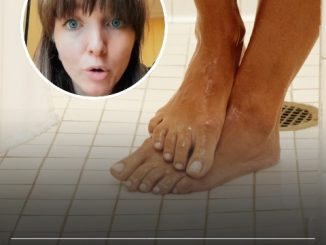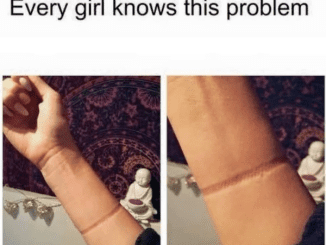Waking up to find a wet spot on your pillow isn’t exactly the best way to start your day, right? Drooling during sleep, though common and often harmless, can be embarrassing and inconvenient—especially if it happens frequently. But why does it happen in the first place, and what can you do to stop it?
What Causes Drooling in Sleep?
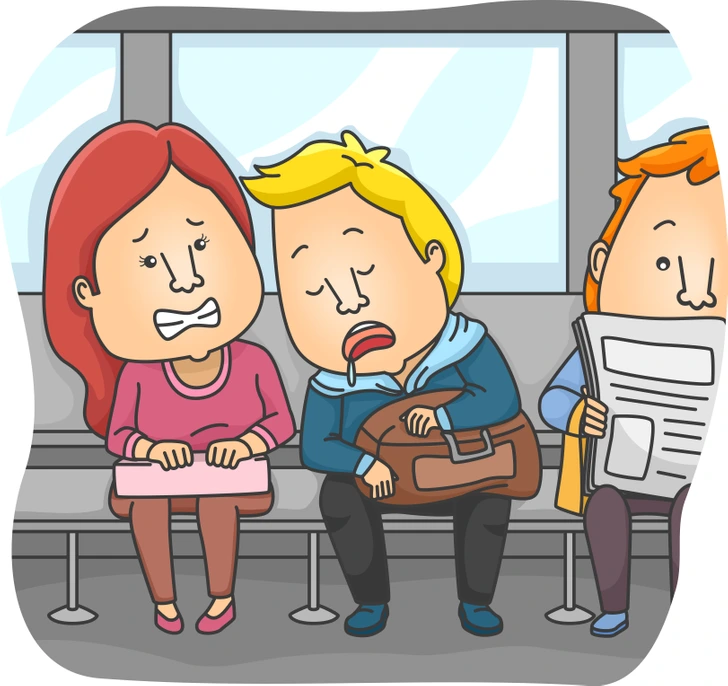
Drooling happens when saliva escapes your mouth while you sleep. This occurs because the facial muscles and swallowing reflexes naturally relax when you’re in a deep slumber. With relaxed muscles, your mouth might fall open, allowing saliva to drip out and leave an uncomfortable wet patch on your pillow.
Occasional drooling isn’t a big deal, but frequent or excessive drooling, also known as hypersalivation, can sometimes signal underlying health issues. It may be related to nasal congestion, dental problems, or even neurological disorders such as a stroke. Understanding the root cause is key to finding the right solution.
How to Stop Drooling: 8 Effective Solutions
If drooling is disrupting your sleep (or your confidence), here are some strategies to help you reduce or stop it entirely.
1. Clear Your Sinuses
One of the most common causes of drooling is nasal congestion, which forces you to breathe through your mouth. When your sinuses are blocked, it can increase the chances of saliva escaping during the night. Here’s how to unclog those nasal passages:
- Take a hot shower before bed to clear your nose and improve airflow.
- Use essential oils like eucalyptus to help open your airways and promote better sleep.
- Apply a sinus-clearing balm, such as Vick’s Vaporub, to relieve nasal congestion.
- Treat nasal infections promptly to avoid long-term complications like chronic congestion.
2. Pay Attention to Your Dental Health
Surprisingly, dental issues like cavities or gum inflammation can contribute to excessive drooling. Poor oral health can lead to an imbalance in saliva production, making drooling more likely. Here’s what you can do:
- Brush your teeth regularly and use an alcohol-based mouthwash to kill bacteria and reduce gum inflammation.
- Schedule regular visits to your dentist to catch and treat any issues early.
Taking care of your teeth doesn’t just reduce drooling—it can also keep your entire body healthier.
3. Check for Sleep Apnea
Sleep apnea is a serious condition where breathing repeatedly stops and starts during sleep. Symptoms often include snoring, interrupted sleep, and yes, drooling. If you suspect you might have sleep apnea, it’s crucial to get it checked out. Smoking, excess weight, and poor sleeping habits can increase your risk of this disorder.
Consult a doctor for a thorough evaluation and consider lifestyle changes to improve your sleep quality. Early diagnosis can make a huge difference.
4. Elevate Your Head
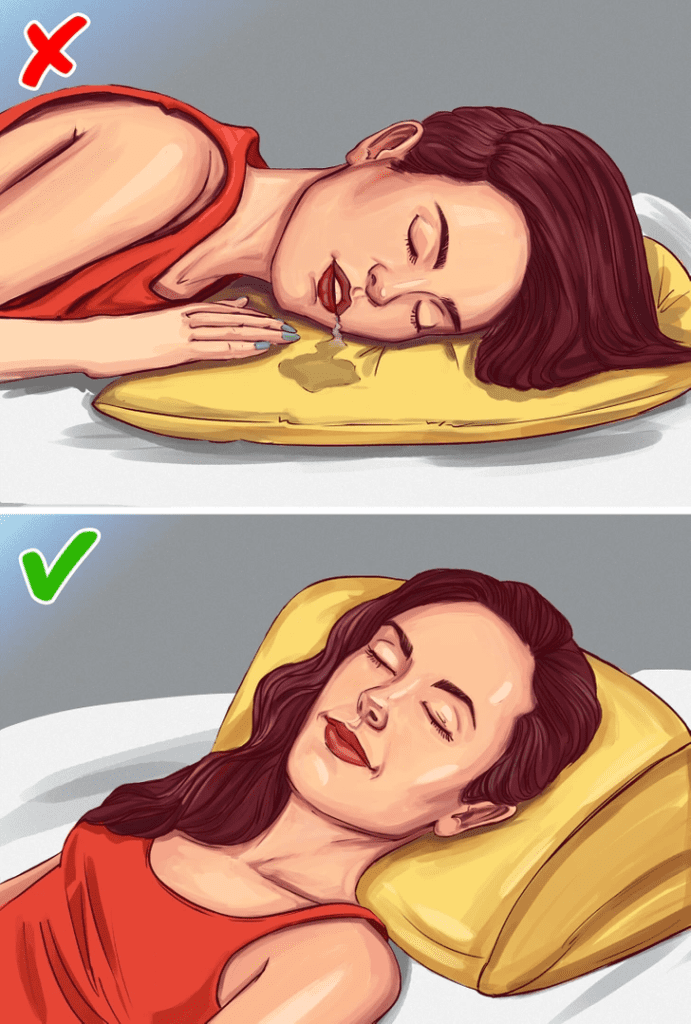
Sleeping with your head slightly elevated can help reduce drooling. By keeping your head propped up, you encourage saliva to stay in your mouth rather than escaping. Fluff up your pillow before bed, or consider investing in an adjustable bed pillow designed to support better posture while sleeping.
5. Change Your Sleeping Position
Sleeping on your back is one of the easiest ways to prevent drooling. When you sleep on your back, gravity helps keep saliva in your mouth. On the other hand, sleeping on your side or stomach increases the chances of drooling.
If you have trouble staying on your back throughout the night, try tucking yourself in with extra pillows or using a body pillow to stabilize your position. It may take some time to adjust, but it’s worth the effort.
6. Manage Your Weight
Did you know that being overweight can increase the likelihood of sleep apnea and drooling? Excess weight can affect your breathing and muscle tone, which may contribute to hypersalivation. More than half of the people in the United States with sleep apnea are overweight, making this an important factor to address.
Incorporating regular exercise and a balanced diet into your lifestyle can help you maintain a healthy weight and reduce the chances of sleep-related issues.
7. Consider Medical Interventions

In severe cases, medical intervention might be necessary. If your drooling is caused by an underlying neurological condition, such as a stroke, your doctor may recommend treatment options that include:
- Prescription medications to reduce saliva production.
- Surgery to remove certain glands if non-invasive treatments don’t work.
Surgery is usually considered a last resort, but it can be effective in addressing persistent cases of hypersalivation.
8. Balance Your Saliva Production
Sometimes, an imbalance in saliva can lead to drooling. Keeping your body hydrated and maintaining a healthy oral environment can help regulate saliva production. Try these tips:
- Drink plenty of water throughout the day to stay hydrated. Proper hydration reduces the need for your body to produce excess saliva.
- Suck on a slice of lemon before bed. The acidity can thin out saliva, reducing the chances of drooling during the night.
Why Stopping Drooling Matters
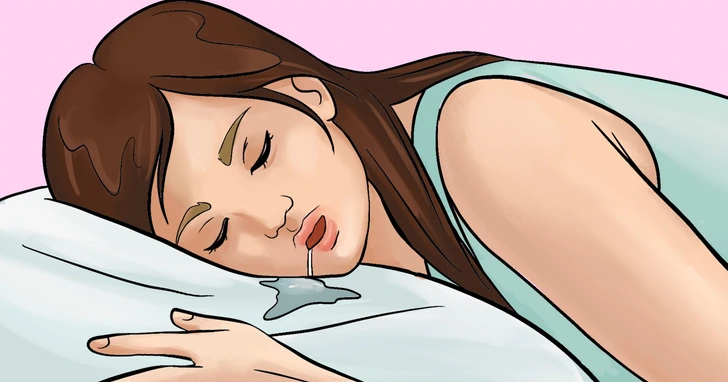
While drooling is usually harmless, it can have physical, emotional, and social implications if it happens too often. Frequent drooling can disrupt your sleep, stain your pillows, and even leave you feeling self-conscious. By addressing the root causes and taking preventative measures, you can enjoy a better night’s sleep and wake up feeling refreshed.
Conclusion
Drooling while sleeping might seem like a minor inconvenience, but it’s worth addressing if it happens regularly. Whether it’s caused by nasal congestion, dental problems, or even your sleeping position, there are plenty of ways to manage and reduce it. From clearing your sinuses to making lifestyle changes, these tips can help you wake up drool-free and ready to tackle the day.
Remember, healthy sleep is essential for overall well-being, so don’t ignore the signs if drooling is interfering with your rest. With a little effort and attention, you can say goodbye to soggy pillows and hello to peaceful, dry nights!
